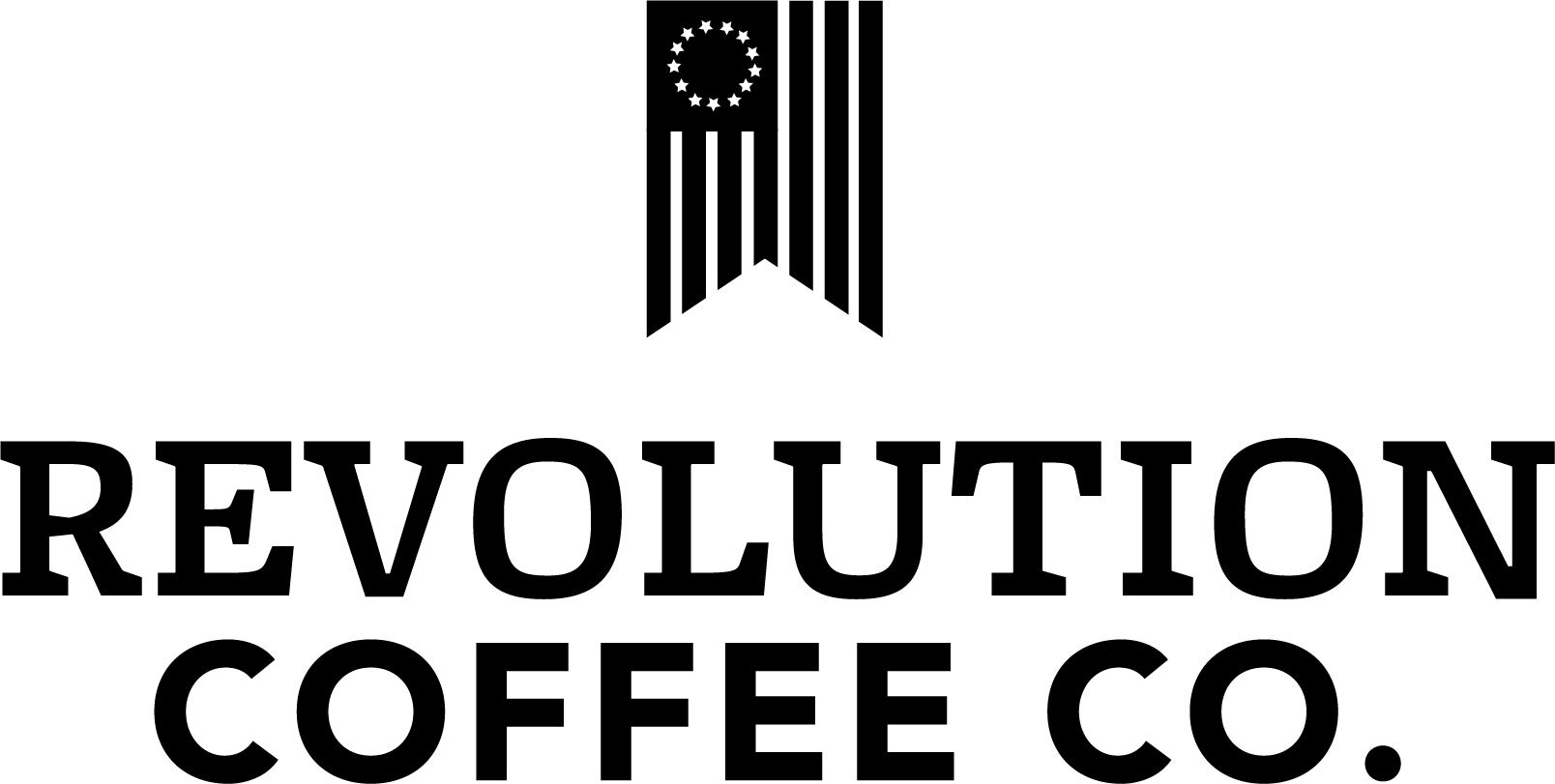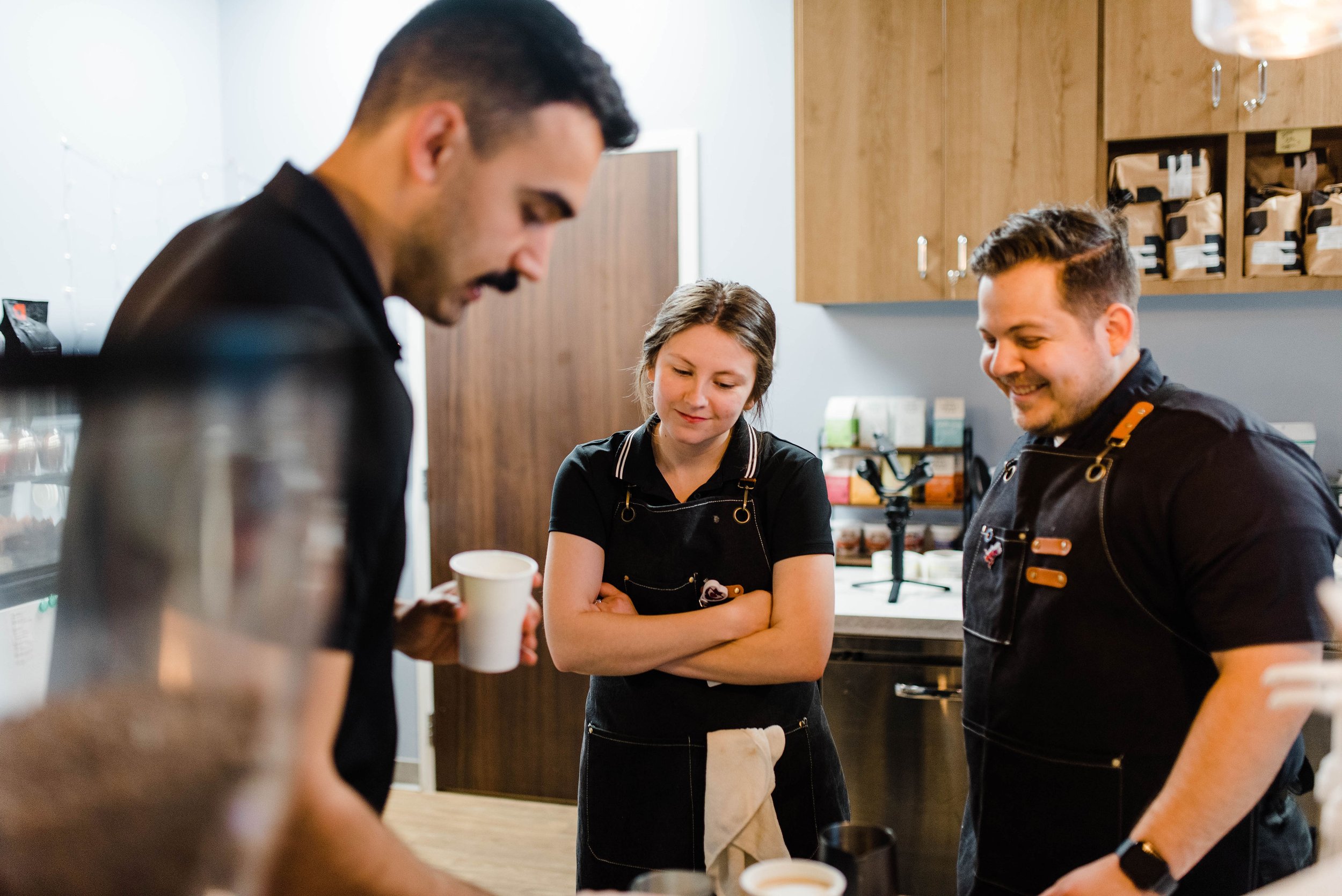Better to have and not need, than to need and not have
We speak often on the importance of self-sufficiency for the sake of maintaining our mission. We take up crafting whatever portion of our process we can to ensure it is whole, healthy and edifying without compromising on our values. However true that may be, there is another massive benefit that we will never shy away from talking about, and that is the inherent benefit of being self-sufficient.
We have operated this business through lockdowns and the following years of various supply line issues, on top of having to maneuver around unfounded inflation within the grocery market. Amidst many continuous product outages, we took upon ourselves the challenge of figuring out just how we could continue to provide consistent service and offerings while dealing with total uncertainty in the market. The reality we faced was that we are a small business (another thing you’ll hear us say far too often). We don’t command billions of dollars of infrastructure, with factories and manufacturing facilities dedicated solely to providing for us. As a result, we had to get creative. We learned that we had to constantly be searching, planning, preparing for outages and ways to work around them.
Improvisation is one of my favorite words, and something my kids are probably sick of me preaching on. It’s the act of spontaneously adapting to the situation in front of you. Jonathan Aldrich (Aldi) of Tweed Coffee, constantly impressed upon me the importance of responding, not reacting. Where reaction was often an emotional, impulsive and thoughtless set of actions, response required thought, tact and guile. It was the choice to receive a situation, and logically move through it in the most constructive way possible, to achieve a positive outcome even in the face of a massively negative situation.
The supply line has dictated that we must respond and improvise constantly. We must prepare for outages, shortages, outrageous price increases, on top of a million other unaccountable circumstances. It is in this wild unknown that we have decided to embrace preparation and improvisation over despair and fear.
We’re a commodity industry. In the event of an actual supply line collapse, we will be one of the first things to go down. When cargo ships can't get our cups in, what will we serve coffee in? When the shelves run out of milk, how will we continue to sell a product? It seems almost hilarious to consider these worries when the actual causes of the problems are much more imposing than the problems themselves.
We live in uncertain times. The global connection we feel courtesy of social media, the news, and rapidly expanding digital technology will be one of the first things to crumble if times truly get hard. What you have, what we will have, is those around us. Our community. In that, the most self-sufficient thing one can do is connect with their community. Connect with their neighbors. Take one step to becoming connected to those around you, those you will have to slog through hard times with.
Knowledge is power. While you may think these trains of thought may be fearmongering, you may always hope for the best while preparing for the worst. Knowing how to sustain yourself, your business, your home, and your community in the event the reliable becomes unreliable is paramount. Whether it’s finally deciding to take the plunge into starting a small garden this spring, trying your hand at raising chickens or just connecting with the neighbors you’ve lived next to for years, the choices you make today as an individual can construct the pillars that can uphold your community in hard times.


